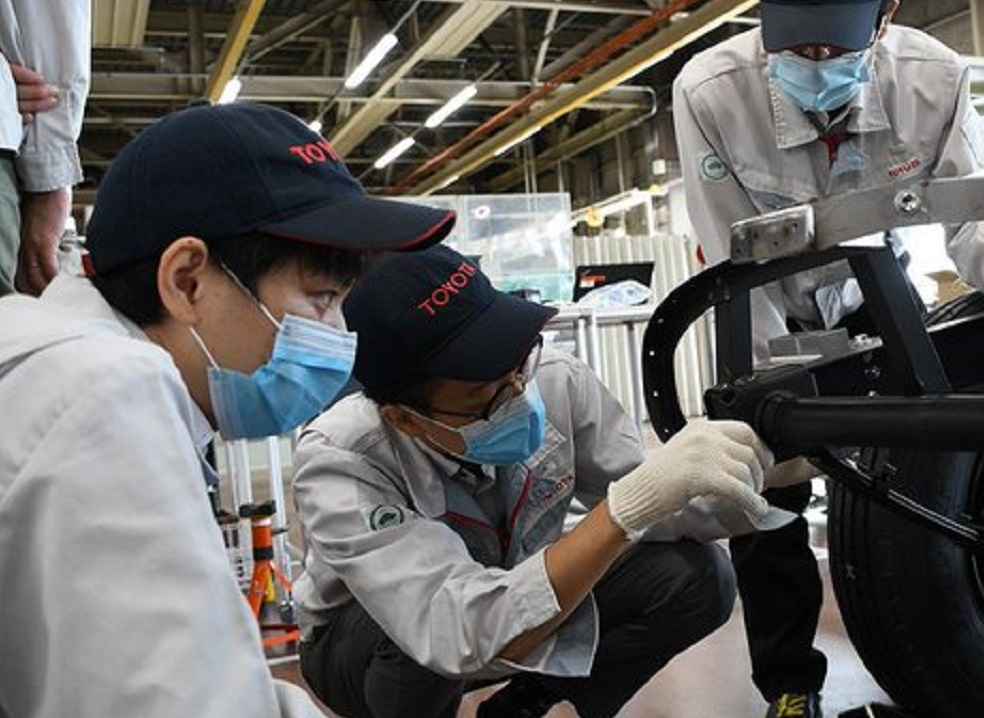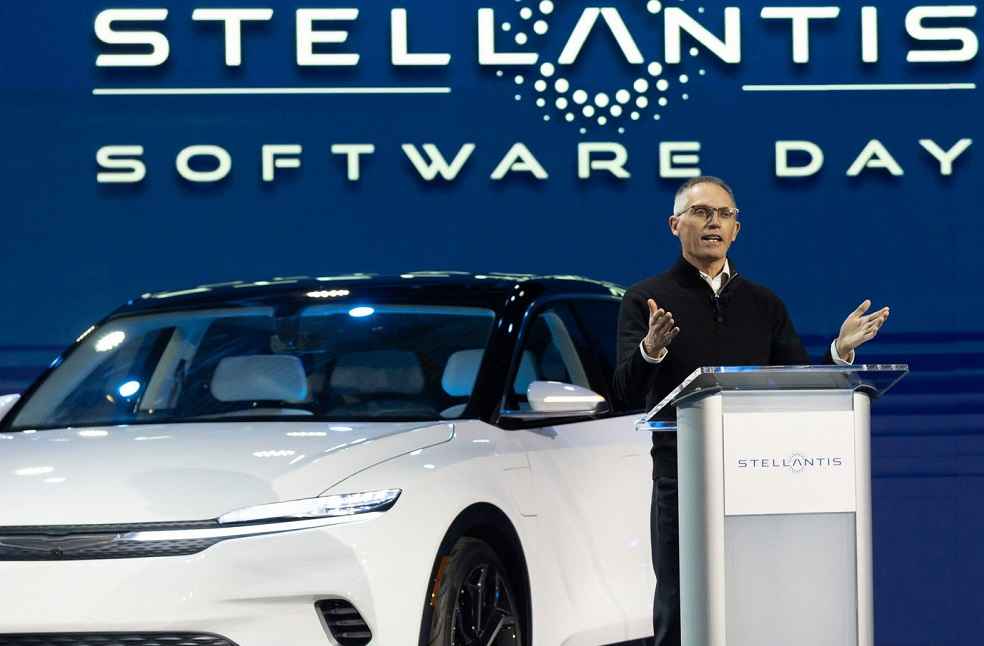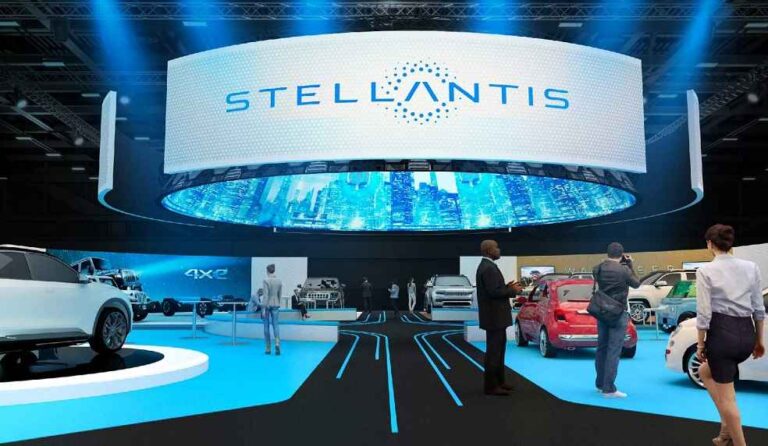Stellantis, the global powerhouse behind Jeep and Ram, surveys a partnership terrain with a local Chinese electric vehicle (EV) producer, echoing Volkswagen’s recent outreach to Zhejiang Leapmotor Technologies (Leapmotor).
According to credible reports from Bloomberg, insiders privy to the matter disclosed that Stellantis is actively exploring alliances in China, the largest EV market worldwide. Among those being considered is Leapmotor, a name that has also piqued Volkswagen’s interest, particularly for its Jetta line.
The Volkswagen-Leapmotor partnership is anticipated to follow the model of the Audi-SAIC collaboration. This contrasts with Volkswagen’s sizable investment in XPeng, which involves both equity acquisition and the roll-out of two new EV models.

The path Stellantis will take remains intriguingly open-ended. Will they make a significant investment in a Chinese EV manufacturer? Or perhaps, seek to cement a mutually beneficial partnership? Notably, both Volkswagen and Stellantis opted for discretion, refraining from commenting on the circulating reports. Similarly, a statement from Leapmotor is still awaited.
Last year, under the visionary guidance of CEO Carlos Tavares, Stellantis pivoted towards an ‘asset-light’ paradigm, epitomized by the cessation of its Jeep production unit in China. This move was a clear signal of their intent to recalibrate strategies in a market where giants like GM and Volkswagen are gaining ground, buoyed by local EV producers.
Stellantis’s relationship with the Dongfeng Motor Group, facilitating the showcase of Peugeot and Citroen in China, adds another layer to their strategic depth. However, industry watchers are abuzz with the possibility of a fresh alliance.

June’s figures from the China Association of Automobile Manufacturers (CAAM) underscore China’s EV dominance: over 535,000 EVs sold in that month alone, and a staggering 2.55 million from January to June. As the race heats up with industry behemoths like Volkswagen, Toyota, GM, and Stellantis jostling for space, their challenge remains clear: standing tall against domestic powerhouses like BYD and global forces like Tesla. For these global players, forming strategic local partnerships may just be the linchpin for success, enabling them to swiftly tap into the vast Chinese EV market and cater to its unique demands.
LATEST | Chinese Automakers Challenge Global Giants Amid Market Fluctuations





